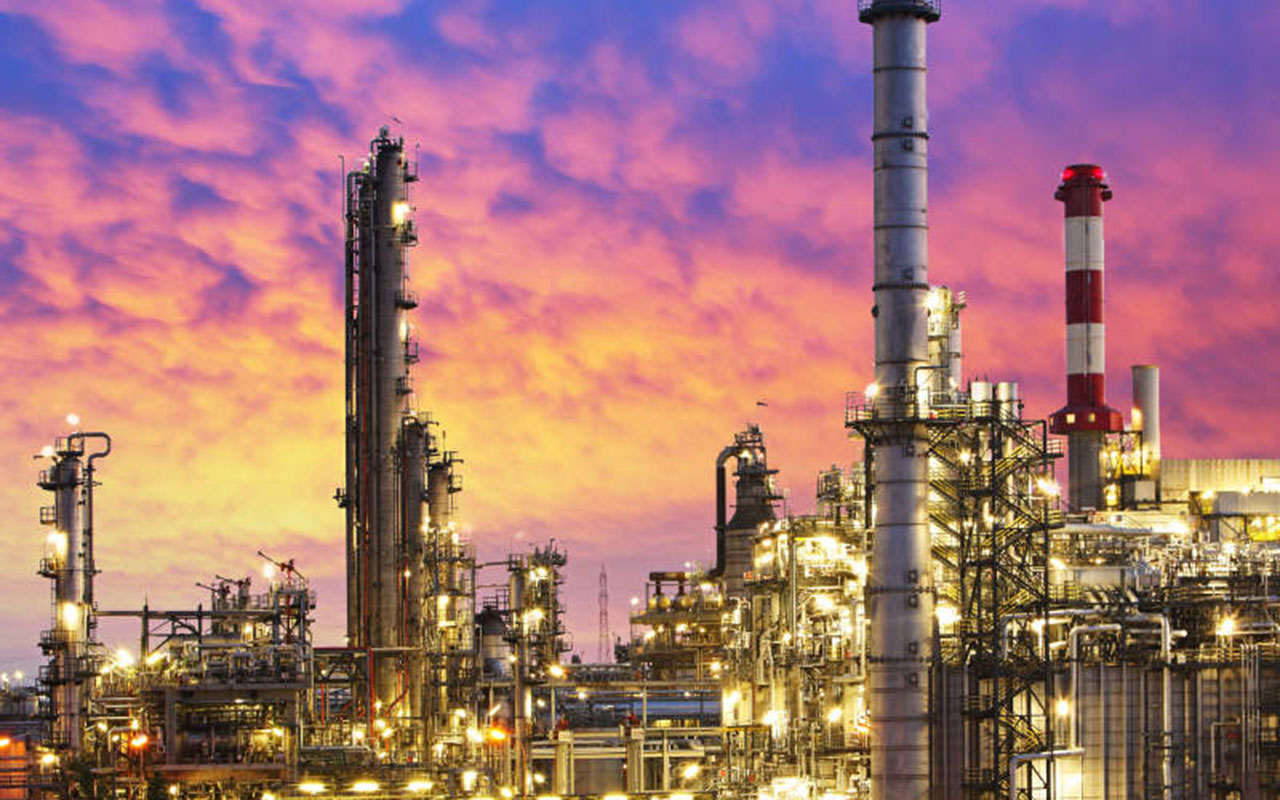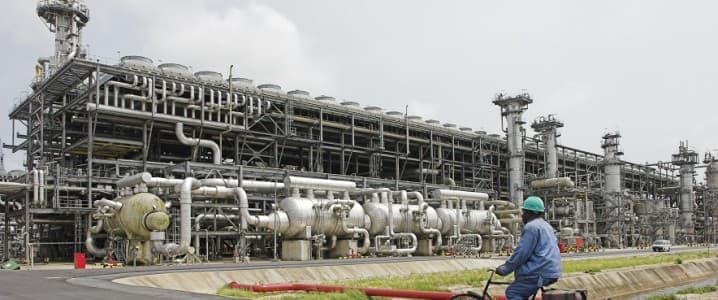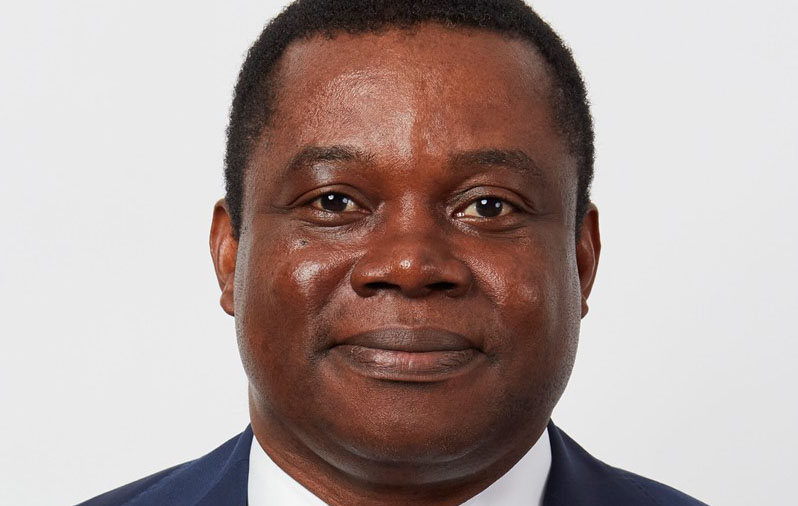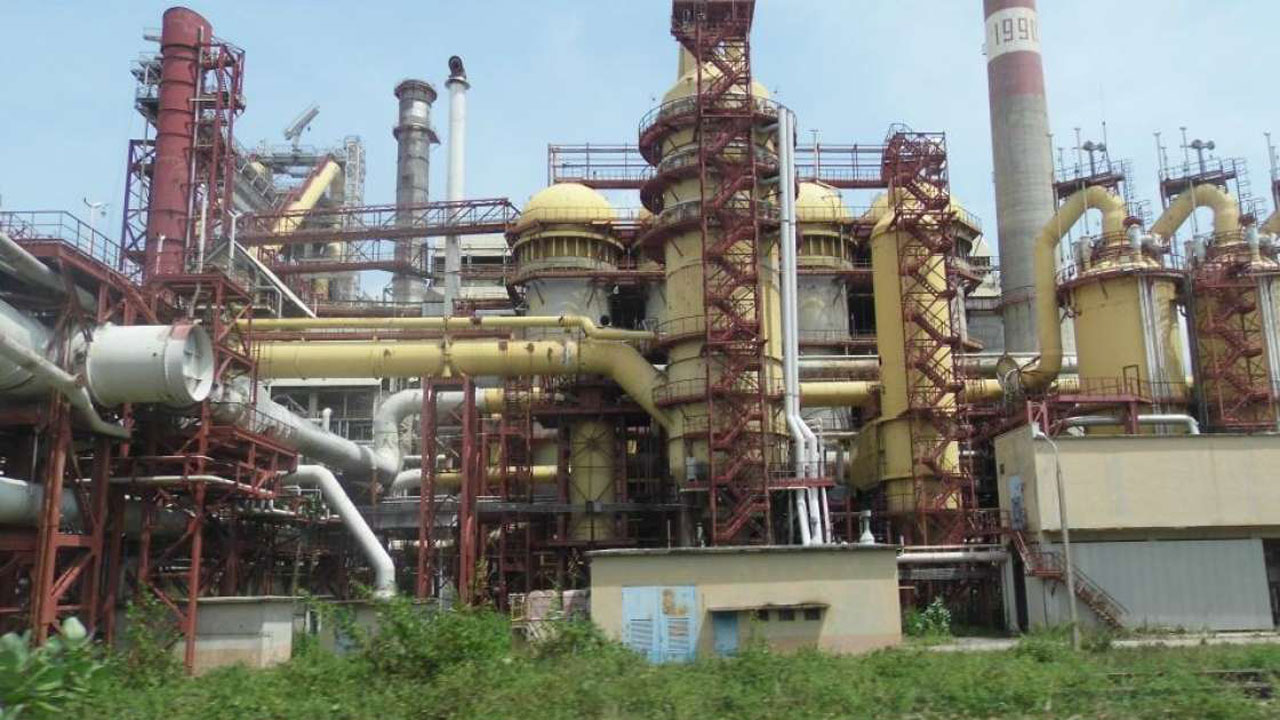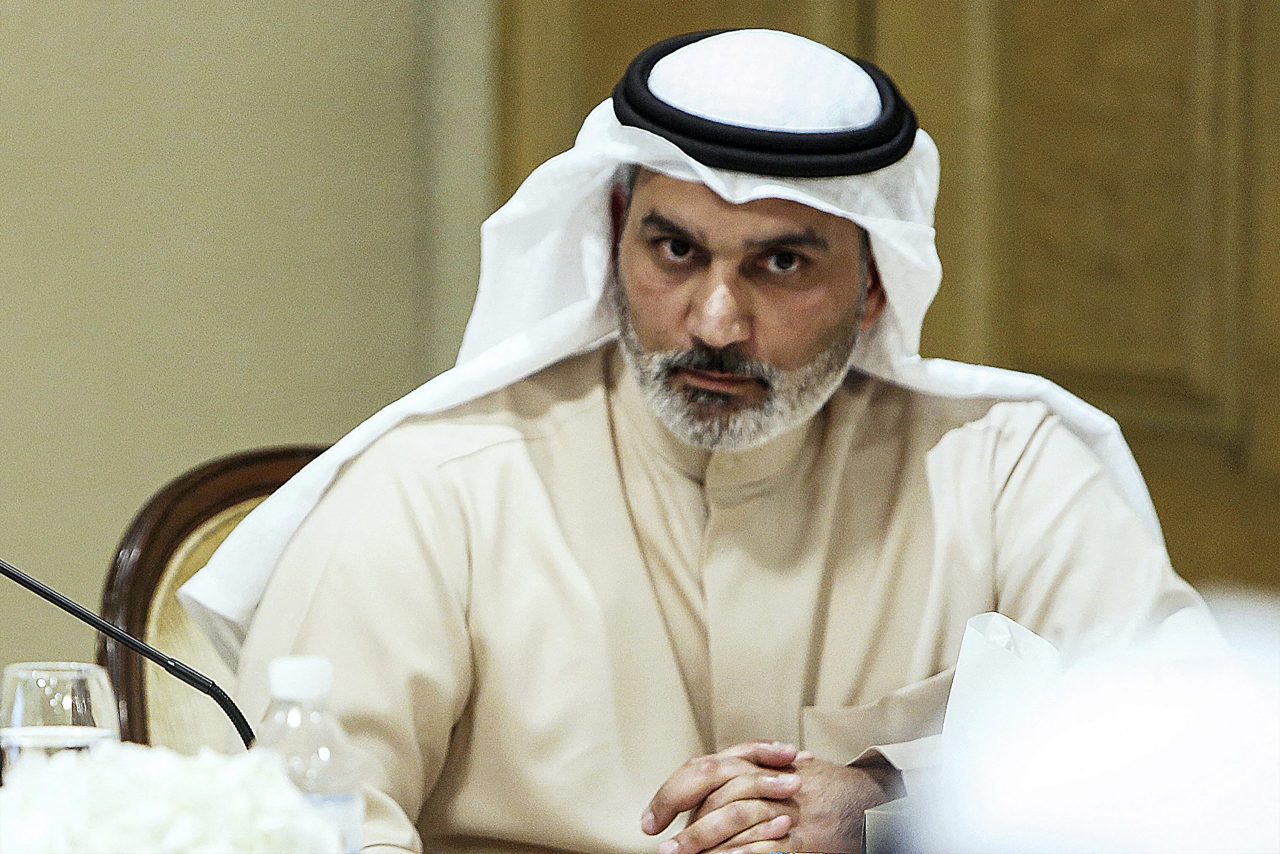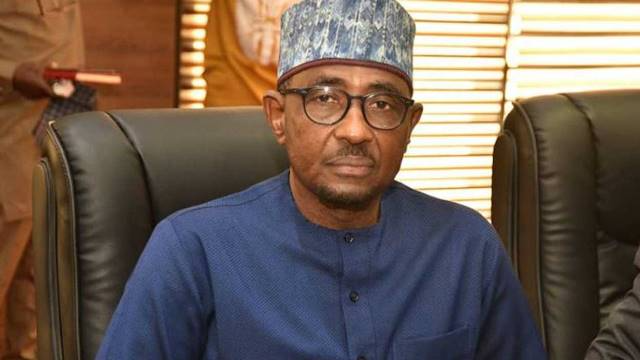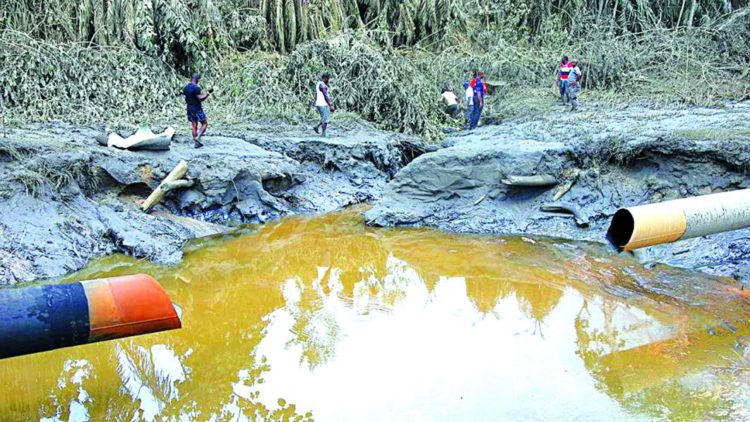• Importation of crude oil remains key barrier amidst domestic refining
The global petroleum products market is changing faster than expected as more refineries are shutting down on the backdrop of the push for global warming and energy transition.
At least, nine refineries with the latest being Eni’s Livorno refinery have either shut down or converted into other products at a time when Nigeria and other African countries are building more refineries.
If the trend persists, Africa which had once relied on Europe for petroleum products may now survive by itself amidst tightening geopolitical tensions and rising energy crisis, which may worsen the existing crisis for Africa’s economy.
Eni, had on Monday said its refinery in Livorno would be converted into a biofuels-making facility.
This marks the ninth European refinery closure since 2020, bringing the total lost crude processing capacity to over 1 million barrels per day, including the upcoming closures of Grangemouth and Wesseling in 2025.
Eni plans to convert an 88,400 barrel per day oil refinery into a bioplant, following a similar transformation at Gela. This announcement comes as the second European refinery closure within a week, following the 147,000 barrels per day Wesseling closure in western Germany.
As these assets are closing down as the pressure for carbon footprint and ESG intensifies, the Dangote Refinery in Nigeria is starting. The refinery alone alongside the Nigerian 445,000 refineries is making efforts to come onstream. Along with the 650,000 Dangote refinery, are enough to make up for the loss of over one million barrels per capacity that would be taken off the market.
The Minister of State for Petroleum Resources (oil), Heineken Lokpobiri, had earlier said that about five new licenses were granted for refinery establishment.
While licences are only the first attempt, approximately 18 years ago, private investors sought refinery licenses under former President Olusegun Obasanjo, and during President Muhammed Buhari’s tenure, additional licenses were offered.
These licenses, totalling around 62, could potentially elevate the country’s refining capacity on paper to over 2.3 million barrels per day. This exceeds the nation’s daily crude oil production by one million barrels, raising concerns about the viability of upcoming refineries unless there is a substantial increase in crude oil production.
Presently, the existing refining capacity comprises the Dangote Refinery with a capacity of 650,000 bpd, BUA Refinery with 200,000 bpd, and NNPCL with a combined capacity of 445,000 bpd.
Operational refineries such as OPAC, Walter Smith, Aradel, and Edo, collectively have a capacity of 27,000 barrels per day. Considering these, the operational or soon-to-commence refineries amount to about 1.322 million barrels per day. The remaining refinery licenses, mainly modular refineries with unknown status, contribute close to one million barrels per day in capacity.
Refineries with active Licences to the Establish include BUA Refinery and Petrochemicals, Ogini Refinery Limited, Excel Exploration & Production, Lowrie Refinery Limited, NPDC/ND WESTERN OML 34 JV, Eghudu Refinery, and Kingdom Global Trading Petroleum and Gas Nig.
Refineries with active Approvals to Construct/Relocate comprise Dangote Oil Refinery Company, OPAC Refineries, Waltersmith Refining & Petrochemical Company, Niger Delta Petroleum Resources, Edo Petrochemical Refinery, Etopo Energy Plc, Resource Petroleum & Petrochemicals International Incorporated, Duport Midstream, and Conodit Refinery Nigeria.
Others include Lowrie Refinery, Excel Refinery, Gasoline Associates International, Frao Oil Nigeria, Alexis Refinery, Allegiance Energy and Power, Atlantic International Refineries and Petrochemical, Amakpe International Refinery Inc, Gazingstock Petroleum Company, Azikel Petroleum, and Clairgold Oil & Gas Engineering.
The President of the Crude Oil Refinery Owners Association (CORAN), Momoh Oyarekhua, noted that currently, Nigeria has four operational modular refineries: OPAC refinery, WalterSmith refinery, Aradel refinery, and Edo refinery, with a combined capacity of 27,000 barrels per day.
Although there are indications that the country may through these refineries be able to meet demand for petroleum products, the existing refineries including Dangote are relying on imported crude oil.
Some stakeholders have also expressed fear that the Nigerian National Petroleum Company Limited may struggle to find 445,000 barrels of crude oil if its refineries come back on stream.
The African Refiners and Distributor Association noted that distribution infrastructure within the African corridor may become a critical challenge even as the continent, with a rapidly growing population, is attempting to refine crude and process gas.
The association has also expressed concerns over the quality of petroleum products coming from across refineries in the continent, stressing that the continent requires over $14 billion to upgrade refineries for much more cleaner and efficient petroleum products.
There is an ongoing collaboration between ARDA and the African Union (AU) on the adoption of harmonised AFRI Clean Fuel Specifications across Africa. These cleaner fuel specs recommend the adoption of AFRI 5 (50 ppm sulphur for gasoline and diesel) by 2025, and the adoption of AFRI 6 specs (10 ppm for the same products) by 2030.
The objective is to stop the importation of fuels that do not meet these AFRI specs into Africa by 2021 and give existing refineries until 2025 to upgrade their facilities to produce cleaner specs.
The ECOWAS Council of Ministers of Hydrocarbons had, in February 2020 recommended product imports to meet AFRI 5 specs by 2021, and for ECOWAS refineries to meet AFRI 5 specs by 2025.


